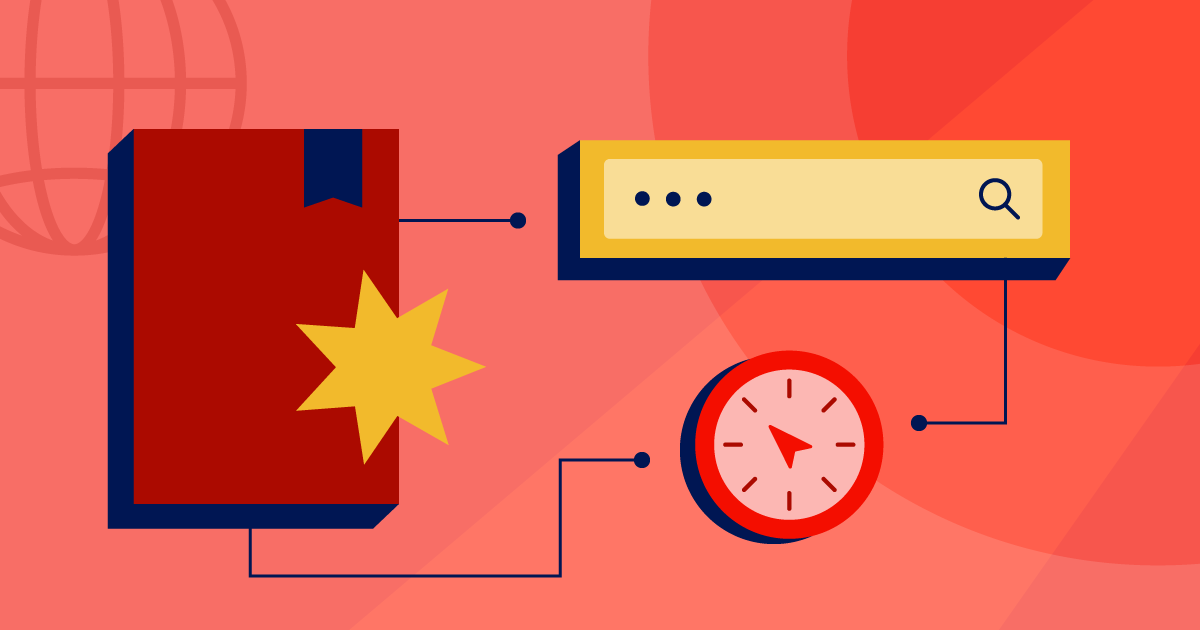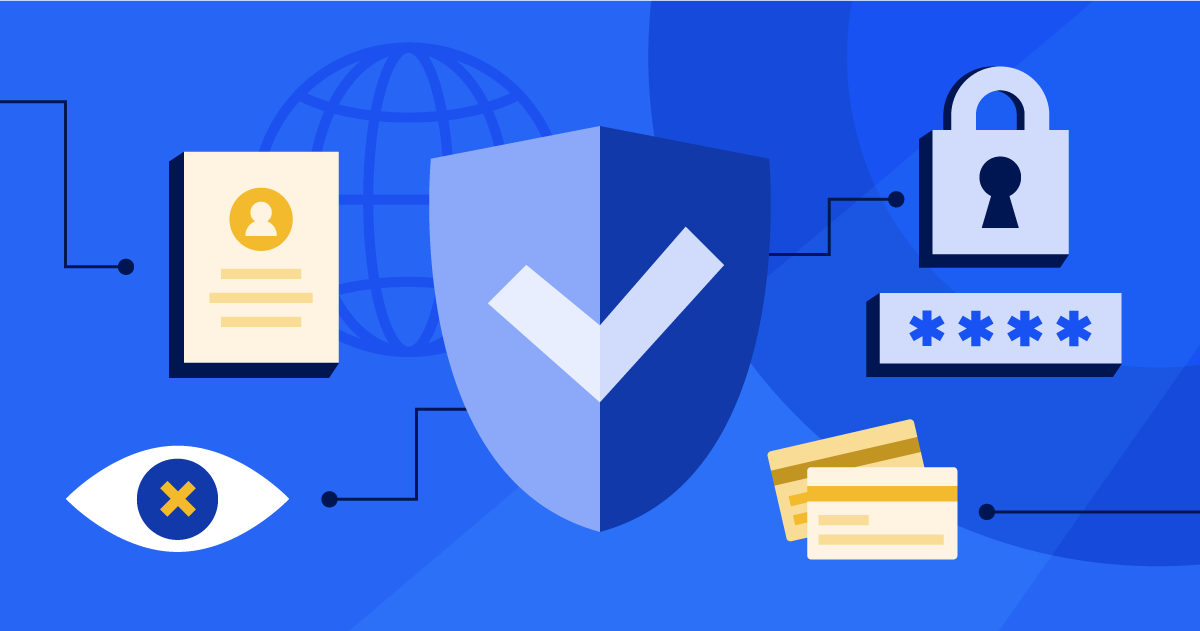The Internet Corporation for Assigned Names and Numbers (ICANN) is the organization that ensures a stable, secure, and unified global Internet for all of us. Without ICANN, getting a domain name would be a complicated process with little protection for your domain or personal information.
Read on to learn exactly what ICANN does and what it means for you.
What does ICANN do?
Formed in 1998, ICANN plays a vital role in keeping the internet functioning smoothly by governing all domain registries, registrars, and IP addresses. As a nonprofit public benefit corporation, it manages the naming system of the web for all countries and continents — the entire infrastructure that allows us to find and connect with others on the internet!
ICANN focuses on identifiers like domain names, IP addresses, and root servers. It’s responsible for:
- Allocating IP addresses: IP (Internet Protocol) addresses are how computers access websites and read domain names.
- Managing the Domain Name System (DNS): The DNS collects and catalogs all the domain names registered, acting like a translator between the domain name and the IP address the computer reads. DNS management includes accrediting domain registrars (like us) and registries.
- Managing root servers: A server is an external computer that houses information. A root server is a part of the DNS and contains the records that allow computers to connect an IP address to a domain name.
- Administrating top-level domains (TLD): A TLD is also called a domain extension and is the last part of a domain name that follows the dot, like .com or .org.
- Assigning protocol identifiers: A protocol identifier is a part of your website’s URL and is represented by “http” or “https.”
You can think of ICANN as a traffic controller for the internet, ensuring its organization and smooth operation for users globally.
ICANN, the DNS, and domain names
ICANN created the Domain Name System, making it possible for you to securely buy and use a domain name for your website. A domain name is your web address, like “DomainRegistry.com.”
The DNS is the system that catalogs all domain names registered through ICANN-accredited registrars (like us), connecting domain names to IP addresses through root servers. It performs the complicated process of breaking down your URL so computers can find your website. It also ensures that no one else can register your domain name.
Who is involved with ICANN?
Since 2016, ICANN has been an international private nonprofit group. It’s made up of supporting organizations and committees managing specific areas of the internet.
Three key organizations support ICANN:
- GNSO (Generic Names Supporting Organization) manages generic top-level domains (TLDs)
- CCNSO (Country Code Names Supporting Organization) manages country-code TLDs (ccTLDs)
- ASO (Address Supporting Organization) manages IP addresses
Four committees advise ICANN, ensuring a fair and transparent workflow:
- Root server operators
- Governments and international treaty organizations
- Internet privacy and security-related entities
- Members of the Internet community
Suggestions for changes come from supporting organizations. Advisory committees debate the changes, and they go to ICANN’s Board of Directors for approval.
ICANN and you
But what does ICANN actually have to do with you, your domain, or your website?
ICANN oversees the domain registrar system, managing IP addresses to keep everyone in the world connected. When you use an ICANN-accredited registrar, like Domain Registry, your domain name is part of the centralized database. Without ICANN, the internet’s infrastructure would collapse, affecting access to all websites.
Basically, no ICAAN = no internet! ICANN allows us all to exist and connect on the web in a meaningful way.
ICANN in the real world
When you register a domain, you’re agreeing to something called a Uniform Domain-Name Dispute Resolution Policy. This policy states that your are not using the domain name for illegal purposes or in bad faith, and it doesn’t infringe on any trademark or copyrighted works. The World Intellectual Property Organization (WIPO) is the organization ICANN uses to settle these types of disputes.
Here are some real-world examples that highlight ICANN’s role in website and domain name management:
- The domain name “worldwrestlingfederation.com.” was discovered to be registered under nefarious means to try and sell back to the World Wrestling Federation. WIPO required the person who registered the domain name to transfer it to the WWF.
- ICANN’s Ukrainian representative requested ICANN revoke Russia’s top-level domains and its SSL certificates to cut the country off from the internet during the Russian invasion of Ukraine. ICANN ruled that it would do more harm than good to disconnect Russia from the internet.
- A registrant registered the domain name “mickjagger.com” for their pornographic website. When the real Mick Jagger discovered the website, he filed a complaint with ICANN to have the domain name transferred to him. The ruling went in his favor, allowing the entertainer to convert the site registered in bad faith into an official fan website.




